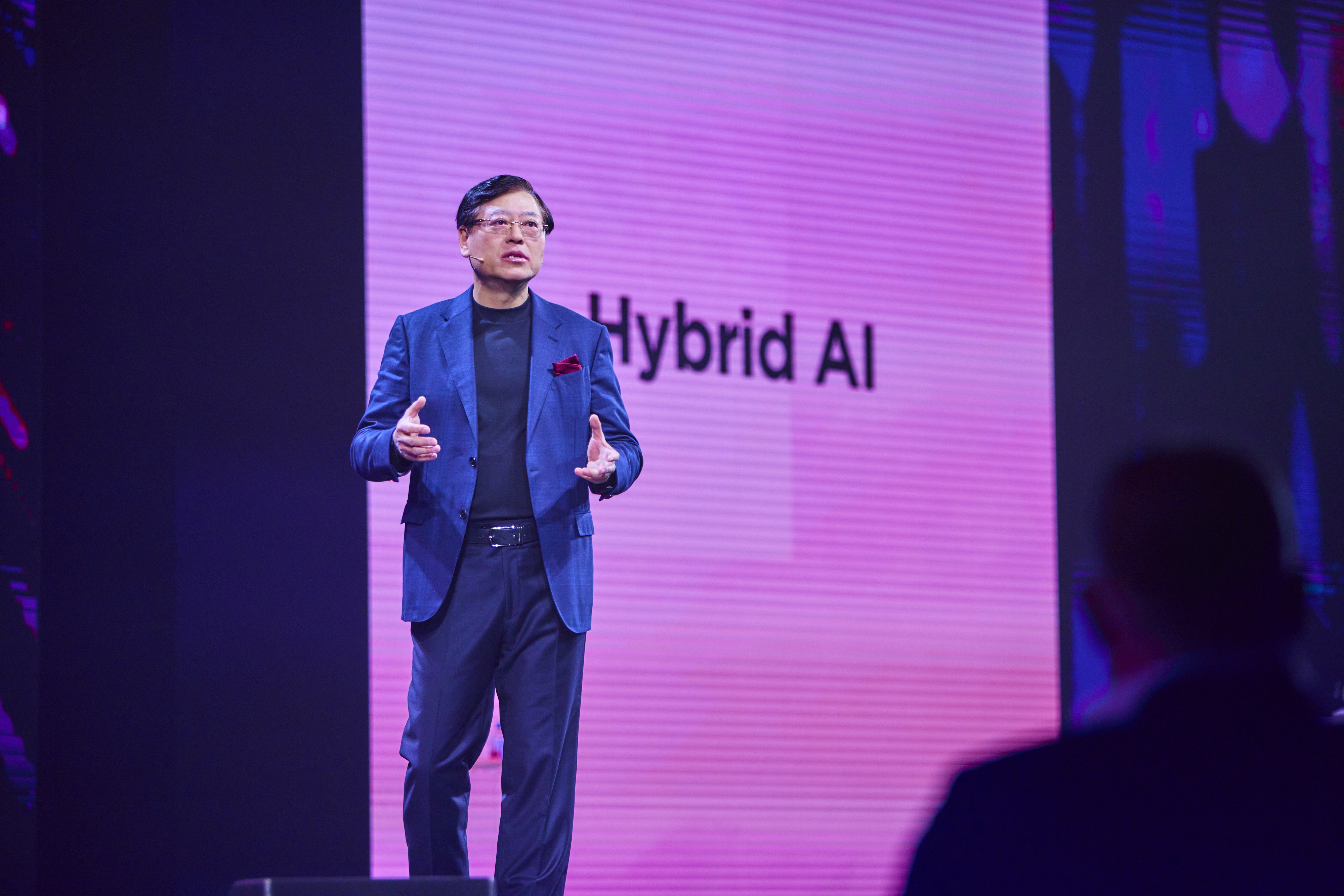With AI tools and systems now a common presence in businesses across the world, making sure your organization is moving beyond the hype and getting the right returns is becoming a growing priority.
The theme of ROI on AI was a major theme at the recent Lenovo Tech World 2024 event, where the company was understandably keen to promote its vision of a successful AI future for customers of all sizes.
The company hopes this view of a Hybrid AI approach, blending personal AI, enterprise AI and public cloud, could usher in a whole new era for businesses in all industries, and I got to speak to several top Lenovo figures to find out more.
ROI on AI
“AI is evolving very quickly – if you look at every trend in AI, it’s an exponential curve,” Robert Daigle, Global Director AI, ISG, Lenovo, told me at Lenovo Tech World.
He notes there’s also an “exponential rate of innovation” as more data is being generated, and models get more complex.
“We’re hearing that customers want AI to be able to enrich their lives, not just at a consumer level, but also in a business environment and enterprise environment as well,” he notes.

But along with these great advances, there needs to be an end result. As with any major step forward in technology, the launch of ChatGPT brought on a wave of new ideas and proof of concepts, many of which have fallen by the wayside.
Ken Wong, EVP and President of Lenovo’s Solutions and Services Group, told me that when it comes to real benefits, what companies are really looking for is tangible results.
“ROI is the number one topic when I meet with CIOs,” he says, “at the end of the day, customers are not buying technology, they are buying outcomes.”
In order to manage this demand, Lenovo has created a flexible, modular framework, Daigle says, allowing customers to plug in different components across the whole stack as new technology is developed.
This Hybrid AI push was hailed by Lenovo chairman and CEO Yuanqing Yang in his keynote, where he said it could help, “build a smarter future, together, for all.”
Daigle added that the sheer flexibility of AI technology could offer a huge range of benefits for businesses of all sizes, across all industries, giving insights and analysis like never before – with Lenovo’s aim of “delivering AI as a service” providing flexibility with a small investment that can grow over time.
“AI allows for us to work with more abstract data that we don’t have to program with very explicit instructions,” he notes, “essentially we’re learning from mountains of data.”
So looking forward, Lenovo is keen to continue its journey from being a purely hardware-focused firm to one able to provide the full technology stack.
As Wong notes, “we’ve never been as strong in terms of the breadth and the depth of our AI portfolio.”





